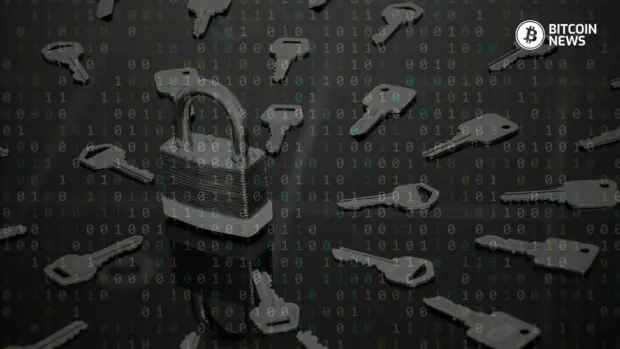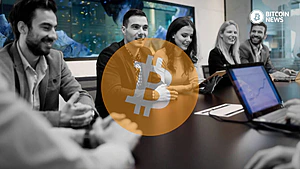While many who seek power and control don’t want others to know this, it will never be possible to stop people from using math to create public/private key pairs which can then be used to accept bitcoin for various goods and services.
Owning bitcoin isn’t like owning a car or a house. It’s more akin to possessing a well-guarded secret, except this secret can unlock a global digital ledger that’s gaining widespread adoption as a form of money.
Despite what governments, courts, or those chain-analysis folks might claim, it’s virtually impossible to prove someone doesn’t know a string of information, like a private key.
It’s akin to proving you’ve never heard of the concept of pineapple on pizza—plausible deniability at its best. Those who haven’t experienced the unique combination of pineapple on pizza or the responsibility of securing a private key for a UTXO are truly missing out.
Private Keys: A Network For Anyone, But Not For Everyone
On the Bitcoin network, satoshis don’t so much change hands; they just change addresses on the blockchain, kind of like musical chairs for digital tokens. As long as society has a demand for money, this game should continue uninterrupted.
The twelve mnemonic words that secure a Bitcoin wallet are not owned by anyone. They exist in the open, much like a cherished family recipe passed down through generations.
Just as anyone can use and share the recipe, the mnemonic words are available for anyone to utilize. This illustrates a profound point about Bitcoin: at its core, money is simply data, akin to the ingredients and instructions of a secret recipe. It’s not about who owns the recipe, but rather who knows how to use it.
Just as a delicious meal can be prepared by anyone who understands the recipe, anyone who possesses the mnemonic words can access the wallet’s contents. This is the essence of Bitcoin: a decentralized, open system where knowledge is the key to unlocking value.
Government Decrees Only Work With Fiat
Proposals to ban “self-hosted wallets” are as impractical as prohibiting people from memorizing their favorite recipes. Such measures are not only unenforceable but also fundamentally ridiculous, representing a direct challenge to personal privacy rights.
Imagine being required to prove that you can’t recall the password to your first email account—it’s an impossible demand that flips the presumption of innocence on its head. This won’t stop broken Governments from trying.

Be The Change You Want To See
Attempts to regulate how individuals use Bitcoin should be viewed as excessive governmental intrusion. While these decrees may still occur, they will serve to awaken more people to the option of opting out of the madness.
The Bitcoin community must stand against such legislative overreach. The use of this technology should not face arbitrary restrictions, and those who contribute to enhancing this network will benefit more as more builders join in creating value.
Therefore, it’s crucial to educate others, engage in discussion, and, most importantly, continue using Bitcoin to demonstrate the empowering potential of modern technology.
As we champion our freedoms, we must acknowledge the responsibilities that accompany the right to free speech. Echoing the eloquent words of the US Constitution, our rights are inherent, endowed by a higher power, and not simply concessions made by governmental authorities.










